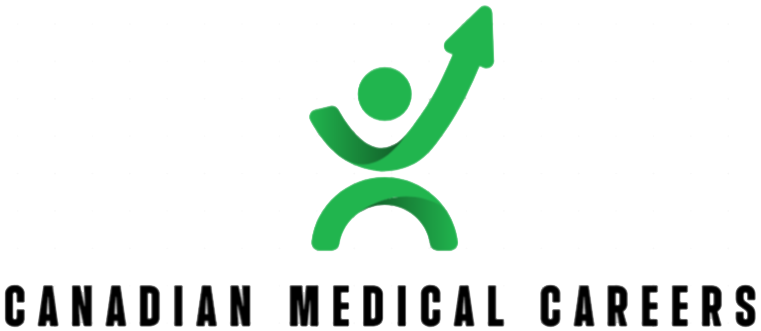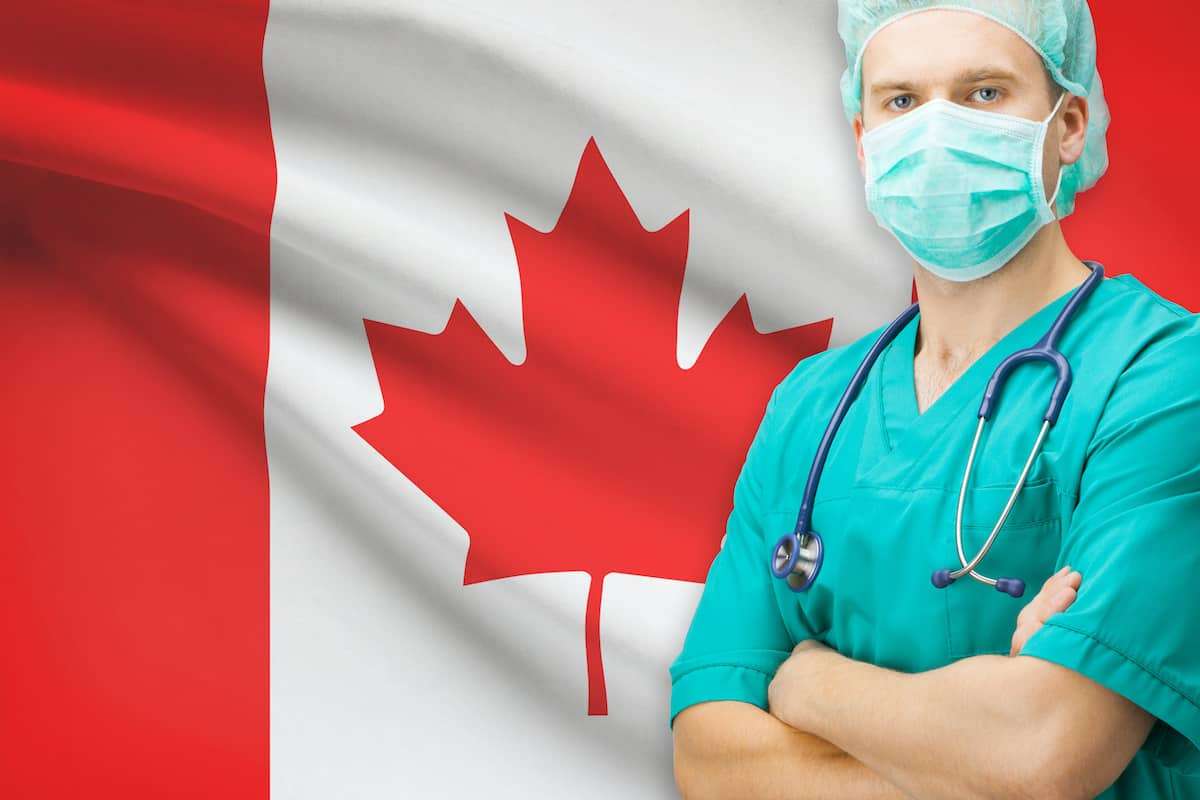If you’re considering working as a physician in Canada, you probably have a lot of questions about the process. From licensing to residency programs, navigating the Canadian healthcare system can seem daunting.
Below are some frequently asked questions to guide you through the journey of becoming a physician in Canada.
How do I become a licensed physician in Canada?
To practice medicine in Canada, you must obtain a license from the medical regulatory authority (College of Physicians and Surgeons) in the province or territory where you plan to work.
The requirements may vary slightly between provinces, but generally, you’ll need to complete a medical degree from a recognized institution, pass the Medical Council of Canada Qualifying Examination (MCCQE), complete a residency program, and meet other specific provincial requirements.
Can I practice in Canada if I train outside of the country?
Yes, you can!
International Medical Graduates (IMGs) can apply for licensure in Canada. However, the process can be more complex for IMGs, as you may need to complete additional assessments and exams to demonstrate your competency.
It’s essential to research the specific requirements of the province where you intend to practice.
What is the residency program, and how do I apply for it?
Residency training is a crucial step in becoming a fully licensed physician in Canada. It typically lasts two to five years, depending on your chosen specialty.
To apply for residency, you’ll need to participate in the Canadian Resident Matching Service (CaRMS) for most specialties or the National Assessment Collaboration (NAC) Examination for some others.
Each year, there are specific application deadlines and requirements, so be sure to check the CaRMS or NAC website for the most up-to-date information.
How long does it take to complete the licensing process?
The licensing process can vary depending on individual circumstances, such as where you completed your medical degree and residency training.
For graduates of Canadian medical schools, the process may be quicker, while IMGs may face additional assessments and examinations, which could extend the timeline.
On average, it can take anywhere from several months to a few years to obtain a full medical license in Canada.
What are the working conditions like for physicians in Canada?
Working conditions for physicians in Canada can vary depending on factors such as specialty, location, and type of practice.
Generally, Canadian physicians enjoy competitive salaries, benefits, and a good work-life balance. However, like any profession, there can be challenges such as long hours, high patient volumes, and administrative burdens.
It’s essential to research specific job opportunities and speak with practicing physicians to get a better understanding of what to expect.
Are there opportunities for career advancement and specialization?
Yes, there are plenty of opportunities for career advancement and specialization in Canada. After completing your residency training, you can pursue fellowships or additional certifications to specialize further in your chosen field. Many physicians also take on leadership roles within healthcare organizations or academic institutions.
Continuous learning and professional development are encouraged and supported within the Canadian healthcare system.
What support is available for physicians in Canada?
Physicians in Canada have access to a range of supports and resources to help them succeed in their careers. This includes mentorship programs, professional development opportunities, and assistance with licensing and credentialing.
Additionally, many provinces have physician health programs that provide support for physical and mental well-being.
Working as a physician in Canada can be a rewarding and fulfilling career path. While the journey to licensure may have its challenges, the Canadian healthcare system offers ample opportunities for professional growth and development.
By understanding the requirements and resources available, you can take the necessary steps to achieve your goal of practicing medicine in Canada.

